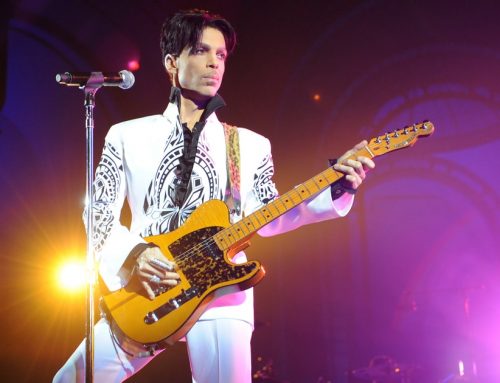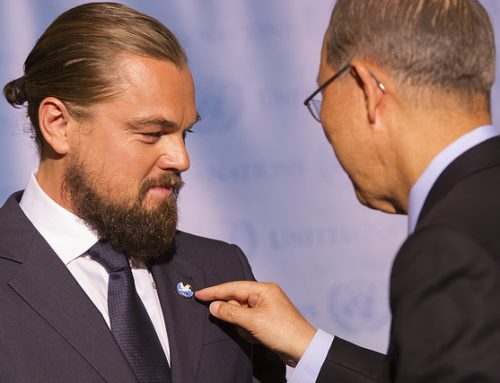Let us be very clear before we begin this: We are not here to judge what you may or may not think of gay marriage, of Chick-Fil-A or of the limits or lack of that should be applied to the First Amendment. That debate has played itself out on social media, mainstream media and in in-person conversation in a way that we hope will not be repeated any time soon. What we would like to talk about, however, is this statement that kept getting made as the Chick-Fil-A debate escalated into a two-week media frenzy.
“Does EVERYTHING that I do need to be politicized? Does my food NEED to be a political statement? Can’t I just have a chicken sandwich without it meaning something?
Well, honestly, no. And that’s not a bad thing.
We get it. People don’t want every moment of their lives to be a statement on their moral or political beliefs. That’s great. But here’s a hard fact: the dollars that you spend make a bigger political statement than any vote that you will ever cast. In many ways, the dollars that you spend play a far bigger role in determining who sits in office and legislates than your individual vote ever will – and yes, that is heartbreakingly sad. But more importantly, your money determines the media messages that are delivered via advertising, and those media messages strongly shape the opinions of the entire nation.
Let’s take Target for example. Perhaps you’ve seen this ad for Target’s new same-sex registry service. It might be nice to think that Target created that service because they felt so strongly about gay rights in America. And maybe that did factor into the discussion (though Target doesn’t sell its Pride t-shirt line in stores, which is important to remember). Why did Target, and so many other companies recently, embrace gay-inclusion in advertising policies and product lines? It’s a financially driven decision. At the end of the day, the decisions that Target makes are designed to increase Target’s revenue by expanding its customer base.
Now, if you want to reward Target for this by making them a key shopping destination, that’s great. It’s probably important that when you make that decision, you also think about the entire picture. Target has a history of being boycotted for non-gay-friendly activities. And there is a reason that Target prices are so cheap and that reason is because they purchase from many manufacturers who use developing-world labor. On the flip side, while Chick-Fil-A may be opposed to gay marriage (and possibly gay people) they fund millions of dollars of scholarships and charitable work every year. In neither situation is your choice to support or not support a business going to be as easy as a black or white decision. However…
EVERY DOLLAR YOU SPEND ON EVERY ITEM YOU PURCHASE IS ABSOLUTELY POLITICAL. It’s actually quite a lazy and irresponsible statement to say that you don’t want to think about whether your food is political or not. Every time money leaves your pocket, you are voting on the future of America, whether you like it or not. If you want to say that you aren’t interested in a gay rights debate centered over a chicken sandwich because you are exhausted from political rhetoric, that is fine. But in the year 2012, you no longer have the luxury of separating where your money goes and how that reflects political beliefs.
So, yes, your chicken sandwich should be a political statement. So should the clothes you buy, the electronics you purchase, the grocery store that you go to and the car manufacturer that you support. It’s a new era, where your dollar trumps your vote. Only if we all realize this can we find a way to combat the people and corporations (possibly the same thing!) who have the centralized repositories of wealth in this generation.
To become a Postconsumer nation, we must first take back the control from consumerism. Turning a blind eye to its power won’t help the cause.
Agree? Disagree? Like us on Facebook and let’s discuss it.




